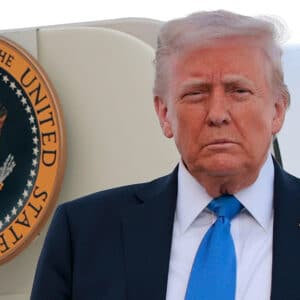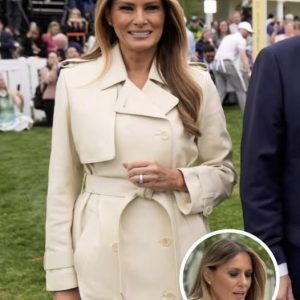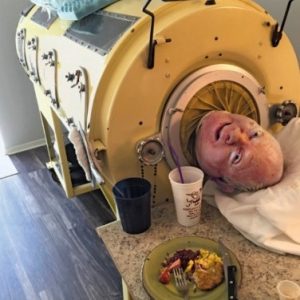Historic Papal Election: Pope Leo XIV Becomes First American Pontiff — and Sparks Controversy Among MAGA Supporters
On the evening of May 8, 2025, white smoke rose above the Sistine Chapel, signaling to the world that the Catholic Church had chosen its new leader. Moments later, American-born Cardinal Robert Francis Prevost, 69, stepped onto the balcony of St. Peter’s Basilica as Pope Leo XIV — the first pope to take the name “Leo” in more than a century, and the first American pope in history.
“Peace be with you,” Pope Leo began, addressing thousands in St. Peter’s Square and millions more watching around the globe. “This is the peace of the Risen Christ, a disarming, humble, and persevering peace. It comes from God — who loves all of us, without limits or conditions.”
But while Catholics worldwide celebrated the historic moment, a wave of criticism erupted from some corners of the U.S. — particularly among supporters of former President Donald Trump, who wasted no time voicing their discontent.
A Name With Meaning: Why ‘Leo’?
The name “Leo” carries deep historical significance in the Church. CBS papal analyst Candida Moss noted that the last Pope Leo — Leo XIII — reigned from 1878 to 1903. But even more significant is Pope Leo the Great, who famously met with Attila the Hun in the 5th century and persuaded him to spare Rome.
“It might mean that he, too, is going to stand up to oppressive political forces in the world,” Moss said. “Leo is also remembered as a theological reformer.”
From Chicago to the Vatican: Who Is Pope Leo XIV?
Born in Chicago’s Bronzeville neighborhood in 1955 and raised in the suburb of Dolton, Robert Prevost grew up in a devout Catholic family with immigrant roots — French and Spanish. According to his brother John, Pope Leo had an early sense of vocation.
“He knew in first grade he was going to be a priest,” John told NBC. “He went straight from high school seminary to Villanova and then to Peru. He always gave us advice, even as the youngest.”
Leo’s early priesthood led him to Peru, where he served for decades, eventually becoming bishop of Chiclayo. He holds dual U.S.-Peruvian citizenship and was deeply influenced by local cultures.
Former colleagues remember him as humble, kind, and grounded. Rev. John Lyndon, who lived with him for ten years, recalled Leo’s love for music, pizza-making, and parish life.
“He had a good singing voice and a big heart. Every part of the parish wanted to celebrate his birthday. I’m still absorbing the fact that he’s Pope,” Lyndon told the BBC.





